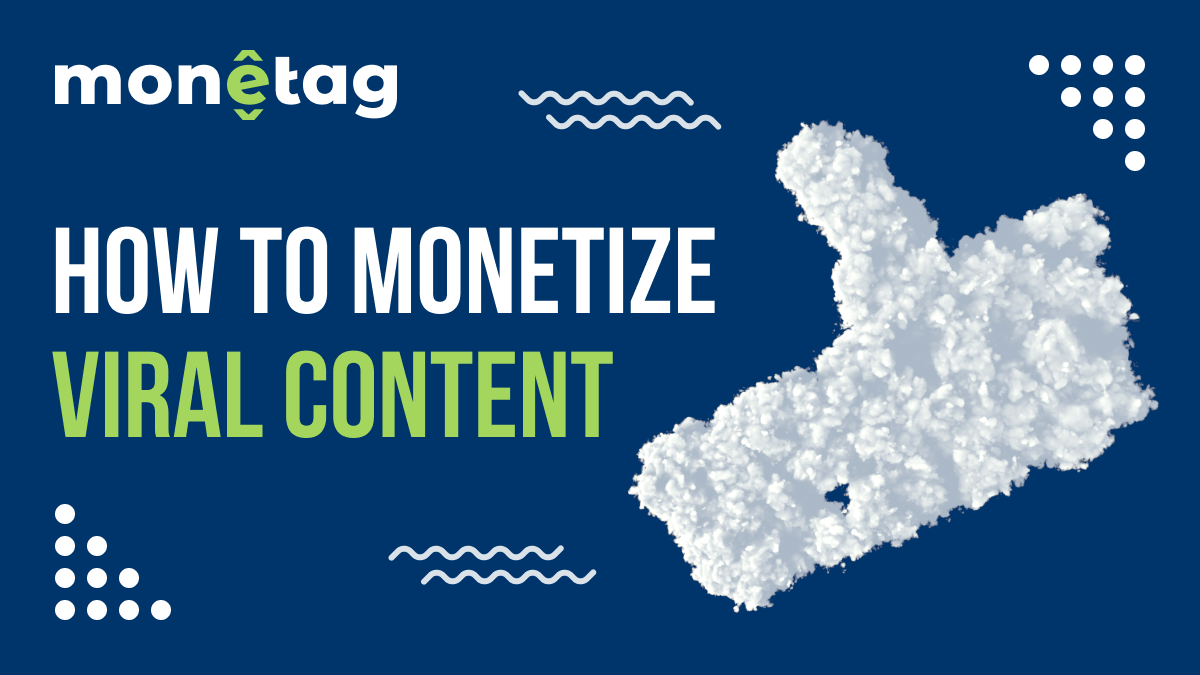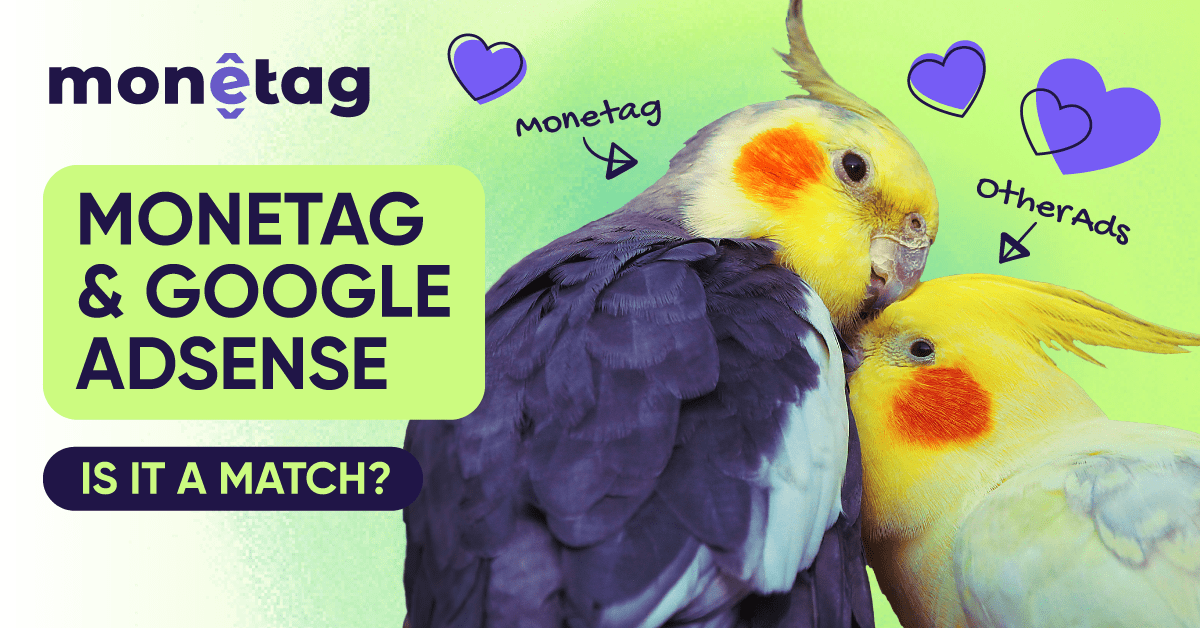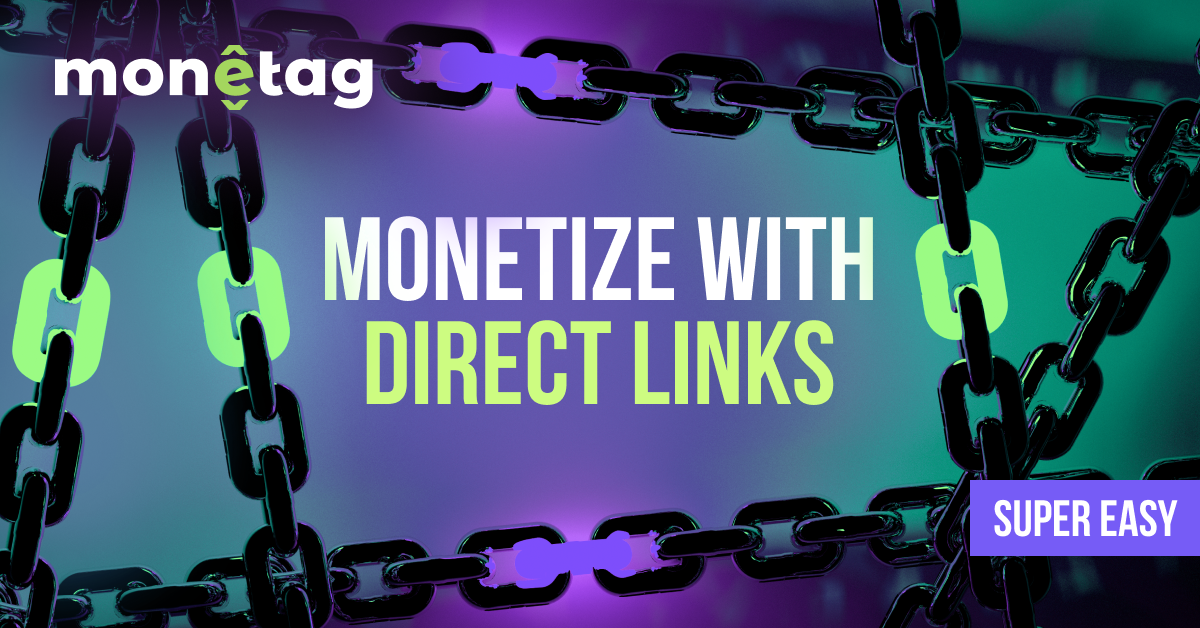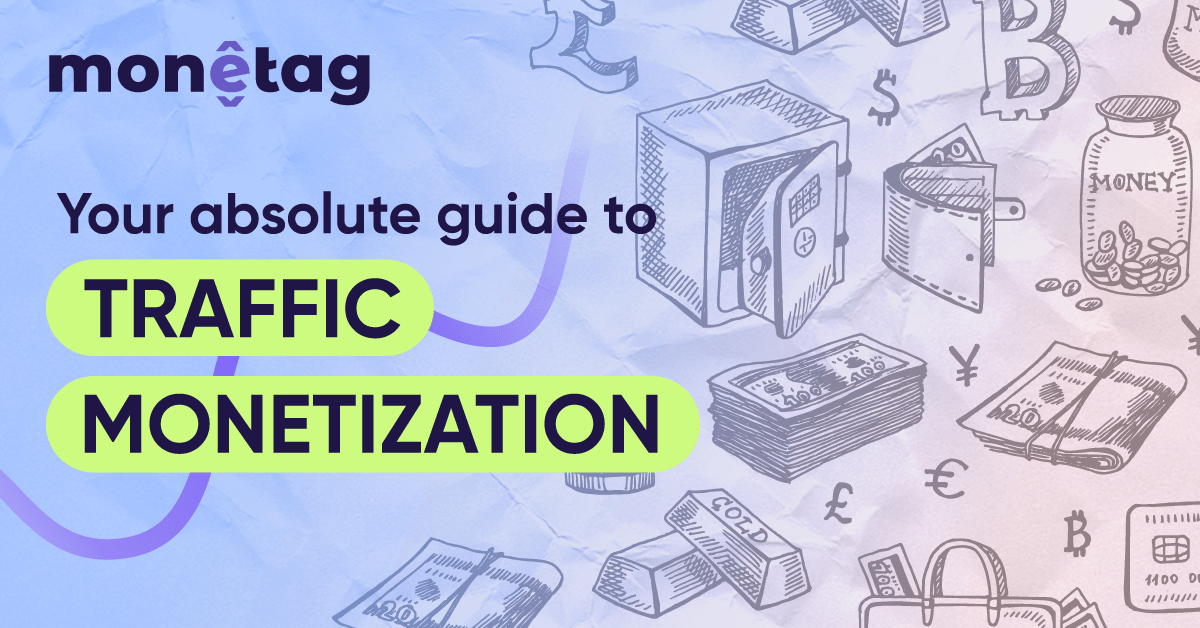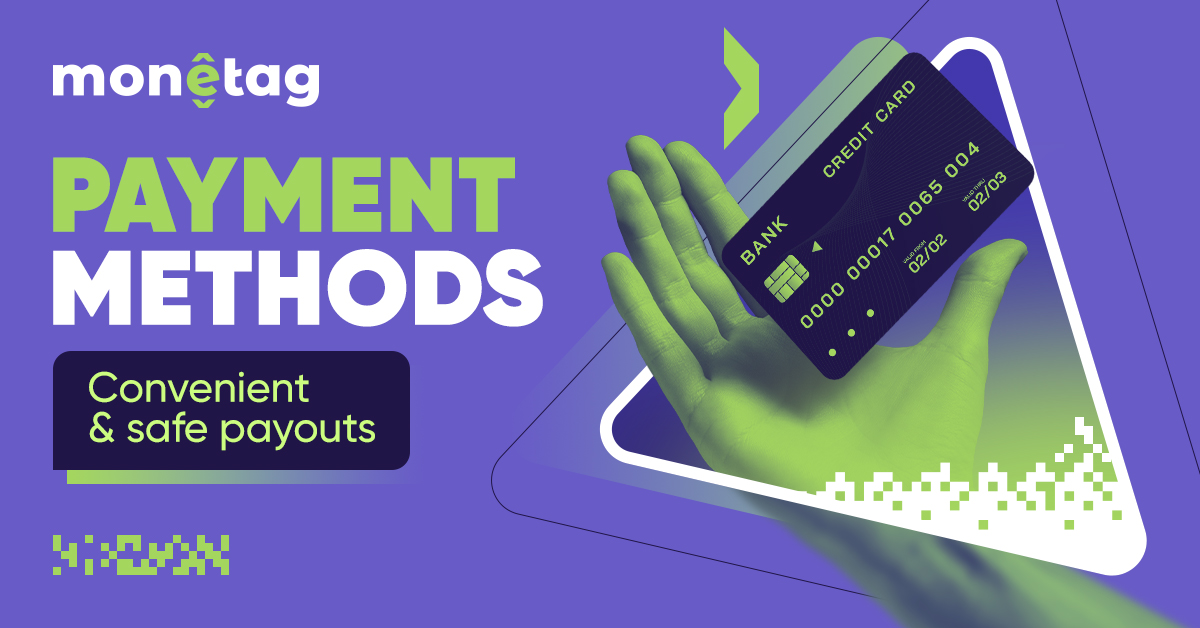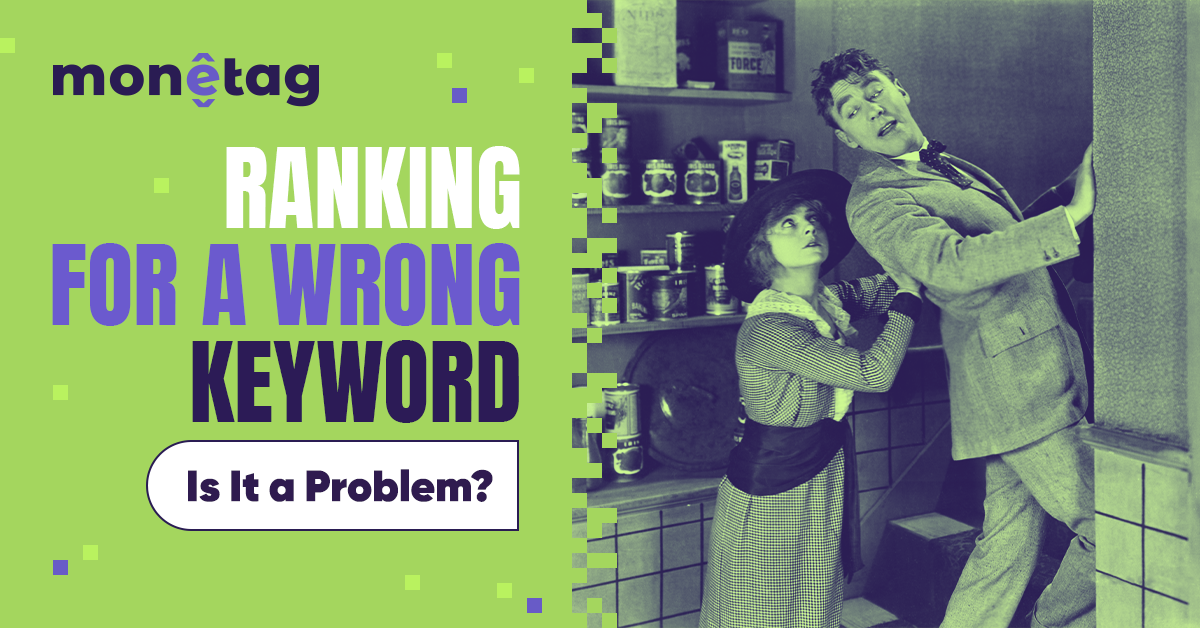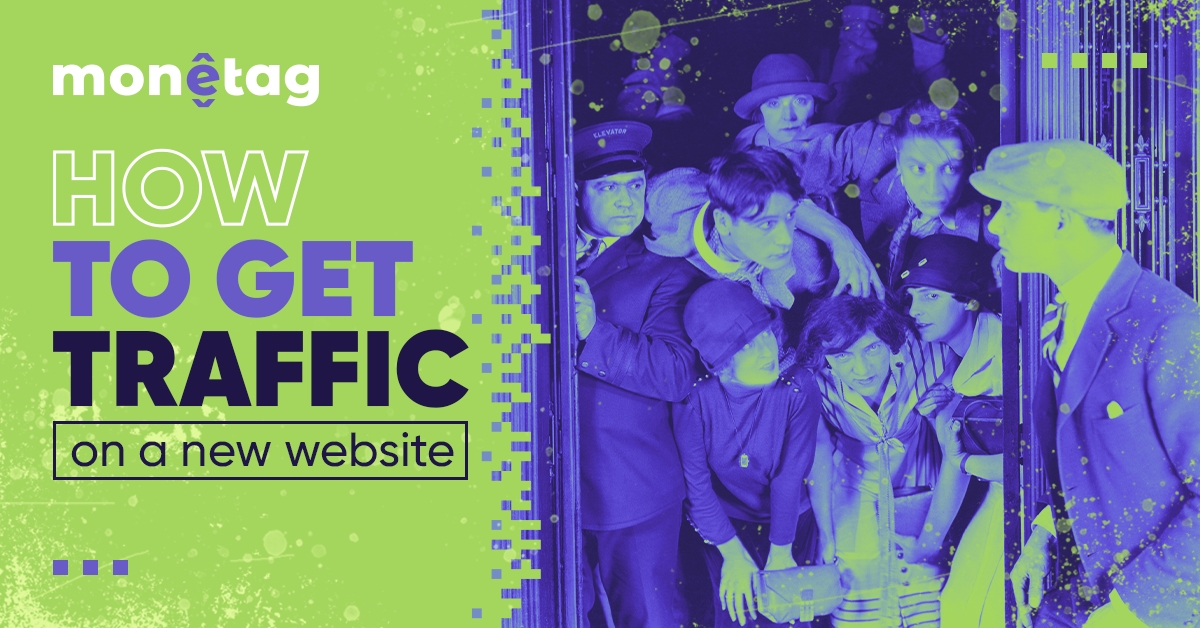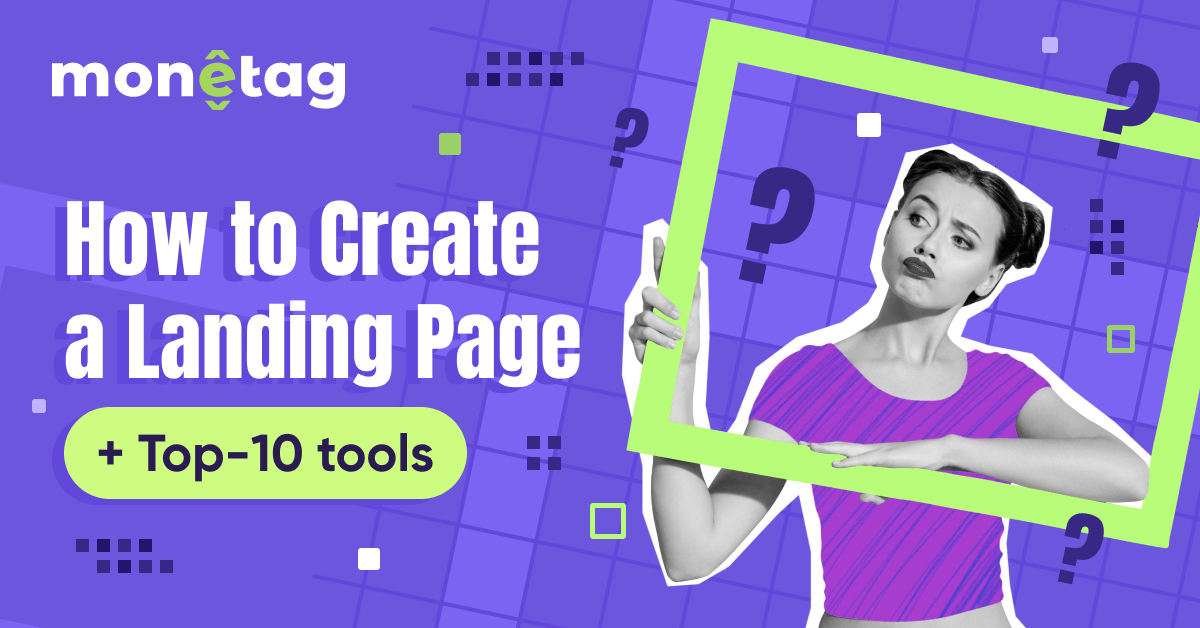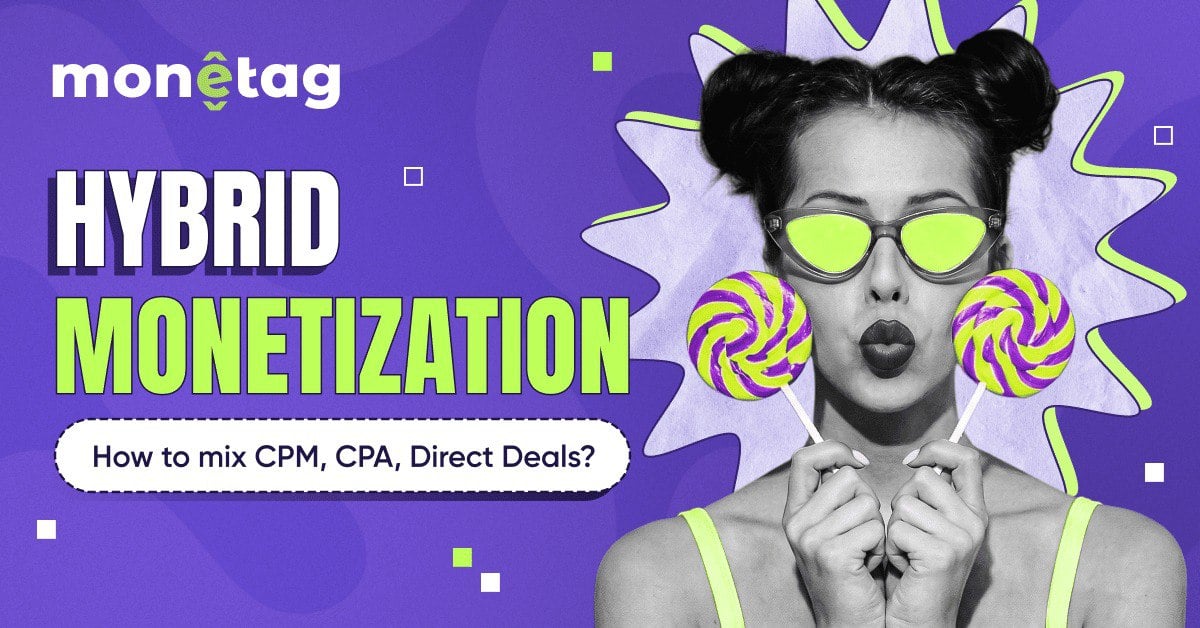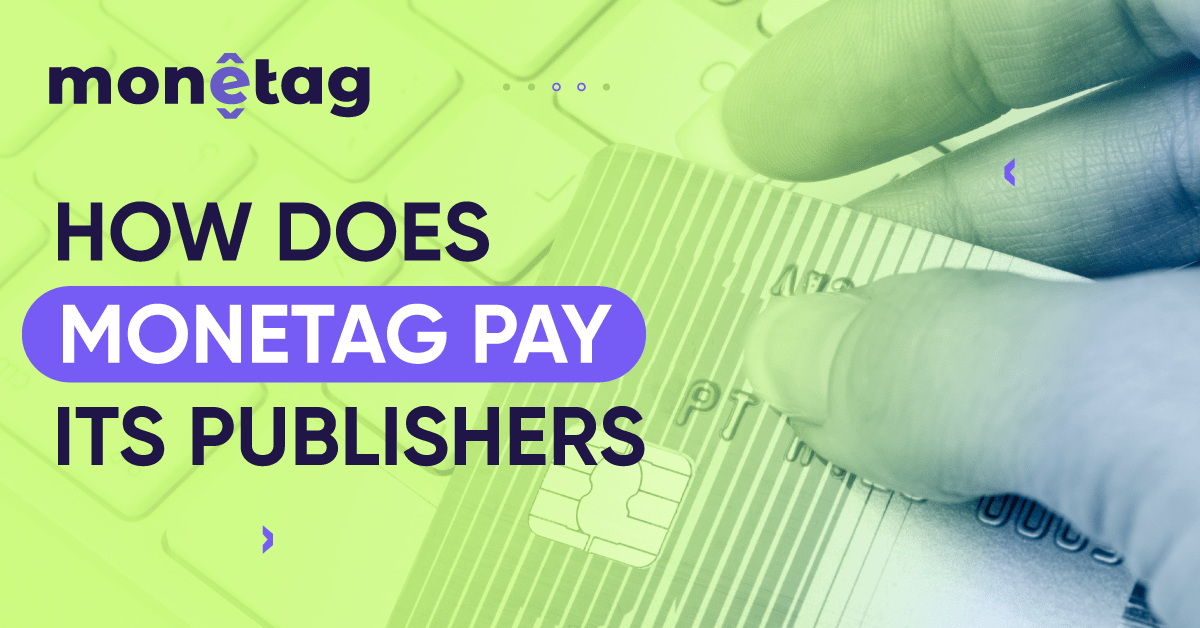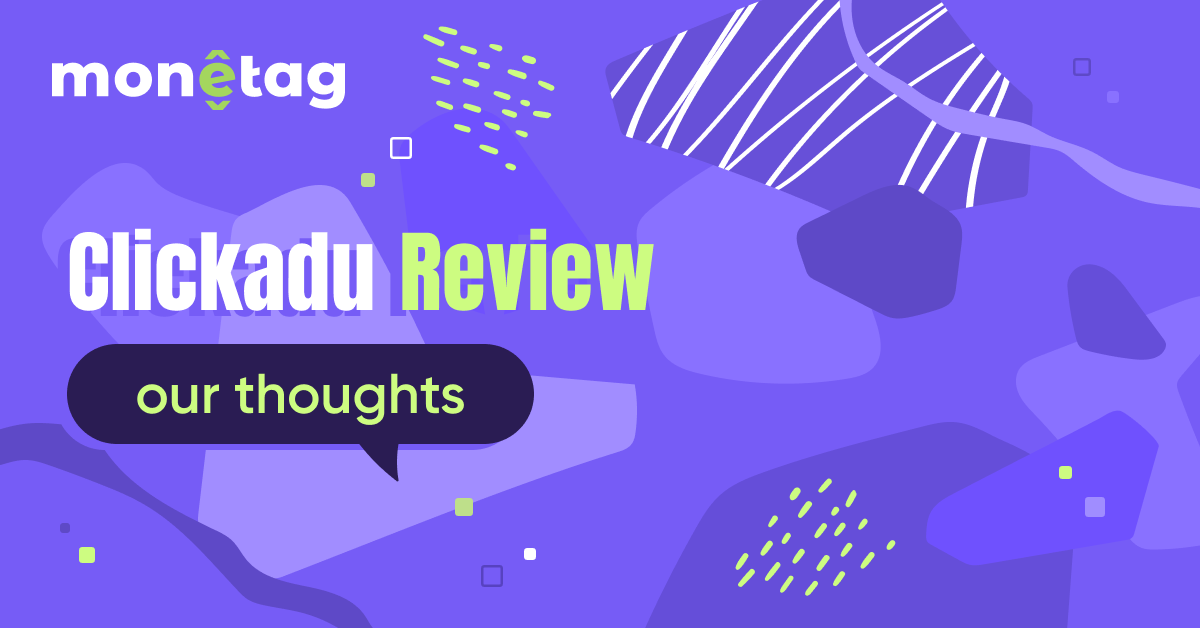[Interview] Multimedia Website Monetization in the CIS Market
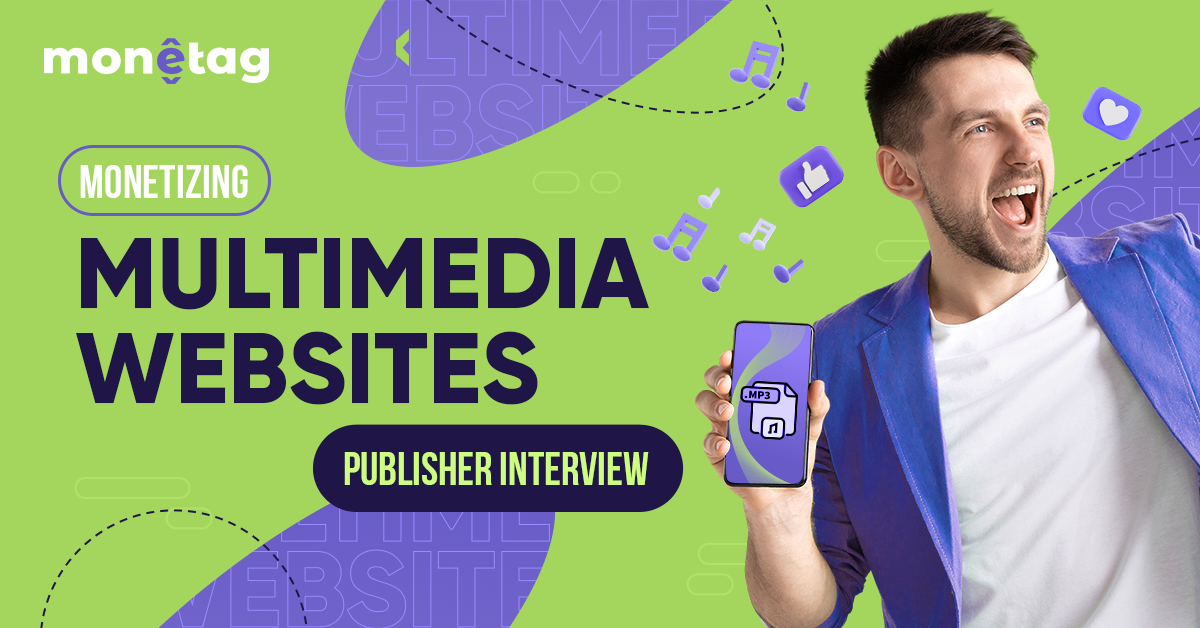
This post is also available in:
Looking to monetize your website but don’t know where to start? Don’t worry, it’s easier than you think!
If you have expertise in a niche you’re passionate about and a dedication to providing a great user experience, you’re already on the path to success.
To prove it, we spoke to Roman, a 30-year-old publisher who went from amateur IT developer to a successful website publisher in the CIS (Commonwealth of Independent States) market. Roman has been building, optimizing, and monetizing multimedia websites for over 5 years, and we’re excited to share his story with you.
In this interview, Roman shares the advertising strategies that have helped him succeed, what he looks for in an advertising network partner, and tips for newcomers looking to break into the industry. So sit back, relax, and get ready to learn from one of the best in the game.
How to get started with website monetization
You lead a small empire with multiple multimedia websites. But, I’d really like to know how you got your start. Can you tell us a little bit about how you started, the website that you first used, and what made you get into the multimedia website industry in the first place?
It all started when I decided to do some freelance work helping website owners with coding. Around 7 years ago, music websites were really popular, and everyone wanted to repeat the success of zaycev.net (“No rabbits” – a popular Russian website) with its huge audience. We’re talking about millions of users.
Back then, VK.com* (a popular Russian social network, similar to Facebook), still had a public API. This way, it was easy to create a database of audio files and promote music websites.
*Now VK.com has a strict copyright policy
Tell us a bit about your websites, for example, how do they work?
The websites that I create are open for users to contribute with content. Every user can add info to the website in the form of reviews, comments, or song lyrics.
How did you first start monetizing your website?
At first, I was using native ads and banner ads from two different advertising networks. But then I changed to formats that were performing better.
UX, campaign settings, and strategies
What is the most important thing when coming up with your monetization strategy?
I believe it’s the comfort of the website users.
What formats are you using? Any combination in particular? Or do you use any special settings that you can share with us?
I really like using Classic Push Notifications with Direct Link. Also, Google is very okay with these formats despite the redirect (window.location.href = “https://reklama.com”) (Reklama – Russian for “advertisement”).
Is there any reason why you chose these formats?
I chose them because they don’t take any space and don’t discourage the visitor from using the site. I place Direct Links on download buttons, and the download happens in another tab. Once the download is complete, I set the ads to be shown.
We know you have a solid strategy for using Popunders in a way that doesn’t harm UX. Can you tell us more about that?
I made the Popunder ads convenient for visitors by setting them to be shown only after the user gets what he came to the website for.
For example, after the user downloads a file.
You also like Push Notifications, and get great results with them. What’s your secret?
I think one of the most important things is that I don’t show push opt-in requests right away.
Instead, I set them to be triggered by the user’s action – after he scrolls or clicks somewhere on the page.
When it comes to campaign setups, what GEOs are you targeting?
Now I’m working with RU and UA.
How to choose an advertising network like an experienced publisher
You’ve tried a lot of networks but chose Monetag, why?
The main things that convinced me to choose Monetag are:
- The price
- The account managers – I have 2 Account Managers. Sometimes we can discuss certain details for a few days until we reach a great result or solution.
- The payment conditions – In special cases, Monetag even offers fixed guaranteed daily payments, and even prepayments (a week before). Although a standard weekly payment model fully satisfied me.
- The ads quality – I see “good” brands like AliExpress or World of Tanks.
The Importance of SEO and Google updates
How important is SEO in building a strong and successful website, and what should publishers focus on more?
It’s very important! But first come: the quality and content of the website, convenience, and originality.
How are the Google penalties for the GEOs that you’re working with?
In case of a copyright breach, Google removes the website from the search results.
Given the changes from Google, regarding the death of cookies and stronger implementation of the Google Zoo (Panda, Penguin, and Hummingbird), how important would you say it will be to invest in EAT content (Expertise, Authoritativeness, Trustworthiness) user engagement, in 2022?
For me, cookies aren’t an essential instrument, and on certain websites, I don’t use cookies at all. Investing in EAT and user engagement is already important – it’s the basis of a successful website.
2022 Multimedia Website Forecast
What do you forecast for your industry in the next year?
Hard to tell, there are both pluses and minuses. Currently, the number of users has grown, but competition is becoming more fierce.
Attention publishers: Quality beats Quantity
What advice would you like to give to newcomers who are just getting started in the industry?
I always thought that lots of web pages in search results will result in more traffic, but in fact, it’s better to have fewer quality pages. And I recommend deleting non-informative and useless content.
The Bottom Line
Roman’s story tells us that sometimes all it takes to start a profitable business is generating useful content, putting your users first, and partnering with the right advertising networks.
With the right execution, and a little bit of time, it’s possible to monetize your website and lead a successful multimedia empire just like Roman.
